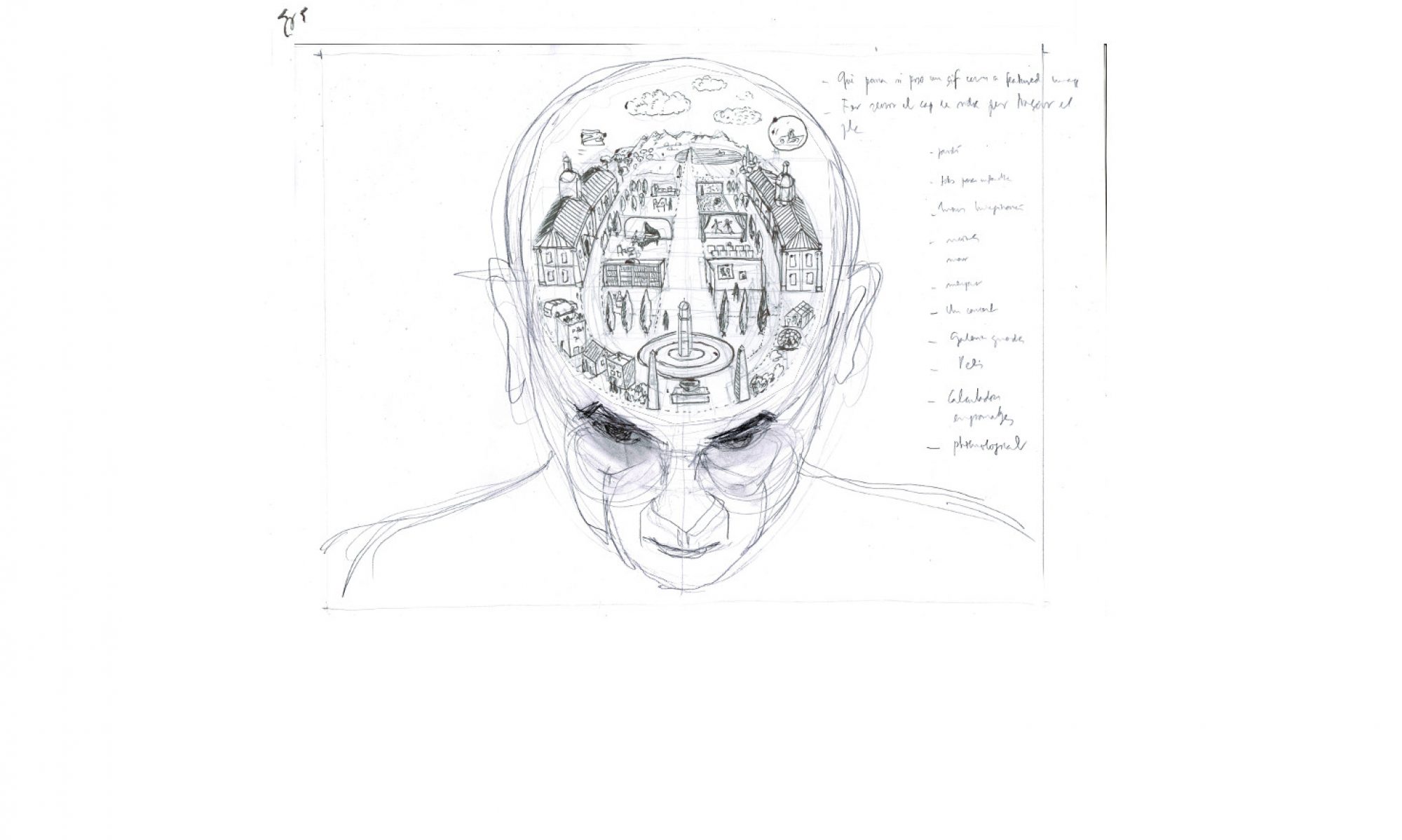Estat d’Israel
[ l’arrel del problema palestí són els cristians. Quan es van convertir en la religió de poder, els cristians van perseguir els jueus a Bizanci. aquests es van escampar per Europa. Els musulmans van ser més tolerants amb ells, es van poder tornar a establir a Jerusalem i a l’Espanya musulmana va florir la cultura. Però a mesura que el cristianisme buscava consolidar-se contra un enemic, van anar essent atacats i reclosos en guetos.
El 1290 van ser expulsats d’Anglaterra, de diversos llocs de França. El 1492 van ser expulsats d’Espanya. La resta de comunitats van sobreviure, atacades sovint, a Alemanya i països de l’est – dels pocs on podem trobar-hi sinagogues – fins arribar a la bogeria dels nazis.
Si els cristians no haguessin perseguit els jueus, aquests no haurien hagut de deixar mai la seva terra. I un cop fora, si tota l’Europa cristiana no els hagués perseguit i, finalment, volgut exterminar, no haurien hagut de buscar un refugi definitiu a la Palestina controlada pels britànics fundant l’estat d’Israel]
1948-1949. Guerra de la independència entre Israel i Egipte, Jordània, Líban i Síria.
1949 Armistici.
1956. Crisi de Suez, Segons guerra àrab israelí. Després que Naser nacionalitzi el canal de Suez, BG, França i Israel ataquen Egipte.
1967. Guerra dels 6 dies. Israel ataca preemptivament Egipte, Síria, i Jordània, capturant el Sinaí, Gaza, Cisjordània i els alts de Golan.
1967-1970. Guerra desgast al llarg del Canal de Suez.
1972. Segrest dels esportistes israelians a Munich.
1973. Egipte i Síria ataquem Israel per sorpresa al Yom Kippur.
1978. Acords de Camp David, auspiciats per Jimmy Carter. Signats per Menahen Begin i Anwar El Sadat. Egipte reconeix Israel i és expulsat de la lliga Àrab. la UN no ho reconeix perquè no ha participat. Sadat serà assassinat.
1982. Guerra del Líban. Israel envaeix el sud del Líban per expulsar la PLO (Palestine Liberation Organization). 1985-2000 Xocs amb Hezbollah [Iran darrere]
1987-1993. Primera Intifada. Aixecament palestí contra l’ocupació de Cisjordània i Gaza.
1991. Conferència de Madrid, preparatòria per a posteriors acords.
1993. Oslo I. Acord entre Israel i la PLO per l’autogovern palestí. Neix The Palestine National Authority.
1994. Tracta de pau amb Jordània (segon país àrab que reconeix Israel)
1995. Oslo II. Acords per augmentar l’autogovern a Cisjordània i Gaza. [no satisfan a ningú, Israel veu minvada la seva seguretat, i els palestins reclamen un estat]
2000. Cimera de Camp David fracassada.
2000-2005. Segona Intifada, atemptats suïcides. La cimera de Camp David acaba sense acord. Ariel Sharon provoca en visitar el Mont del Temple.
2002. Iniciativa de pau àrab que proposa el reconeixement d’Israel a canvi del retorn dels territoris ocupats.
2003. Roadmap for Peace, iniciativa dels USA.
2007. Conferència d’Annapolis
2007. Hamas es fa amb el control de la franja de Gaza
2006 Guerra del Líban contra Hezbollah després que soldats israelís fossin segrestats.
2008-2009. Guerra de Gaza per aturar el llançament de coets. 2012-2014. Operacions contra Hamàs.
2008 Olmert proposa un mapa per la solució de dos estats que incloïa una connexió entre Gaza i Cisjordània, no acceptat pels palestins (BBC).
2020. Acords d’Abraham que normalitzen relacions amb UAE, Bahrain, Sudan, i Marroc.
2021. Crisi Israel–Palestine. 11 dies de conflicte amb la Jihad i Hamàs a Gaza.
2023. Hamas ataca sorpren Israel matant 1200 soldats i ciutadans i segrestant-ne 251. Israel envaeix Gaza, amb 47.000 víctimes.
Israelís i Palestins reclamen el territori com a propi. Els palestins volen la fi de l’ocupació militar però Israel veu la retirada com un risc per la seguretat (com quan Hamàs va prendre el control de Gaza en al retirada de 2005). La via dels dos estats no és viable perquè mentre a Cisjordània Al Fatah, potser ho acceptaria, Hamàs té per objectiu destruir Israel. Molts palestins desplaçats a Cisjordània i Gaza voldrien retornar a les seves llars ancestrals. La inseguretat contínua, alimentada per Iran a través de Hamas i Hezbollah fa que Israel hagi virat a la dreta permetent assentaments il·legals a Cisjordània.
Cap solució sembla viable. Un sol estat és mal vist pels jueus per la major població àrab mentre que els palestins no volen una autoritat israeliana. Els dos estats generen desconfiança per la divisió entre Al Fatah i Hamas [i els dos territoris], la disputa sobre Jerusalem i l’oposició dels extremistes de cada banda.
Història del conflicte a BBC
2025
Manifestació de palestins contra Hamas (El Nacional). Mahmud Abbas critica Hamas (BBC). Els palestins comencen a rebelar-se contra la dictadura de Hamas (que assassina els opositors polítics) (BBC). Palestina, segrestada per Hamas
L’administració Trump arresta estudiants que es manifestaven a favor de Palestina (BBC) [però la manifestació va consistir en ocupar violentament la biblioteca de la universitat, “Videos of the latest action at the prestigious New York institution showed protesters vandalising bookshelves by writing “free Palestine”.]
Colons jueus agredint pastors palestins (BBC ) Agressió a dona indefensa (BBC)
Jaume Clotet: inicialment es van proposar dos estats, invasió àrab, 28.500 coets El Nacional
Hamas s’ha dedicat a la guerra contra Israel, no a construir Palestina. Però va ser estimulat per Israel per debilitar la OLP (BBC)
Hamas ataca l’organització que reparteix ajuda a Gaza
2026
9 detinguts a Itàlia per recaptar 7M per Hamas dient que pel poble palestí BBC
Israel prohibeix 37 NGO [si tenen una agenda política] BBC
